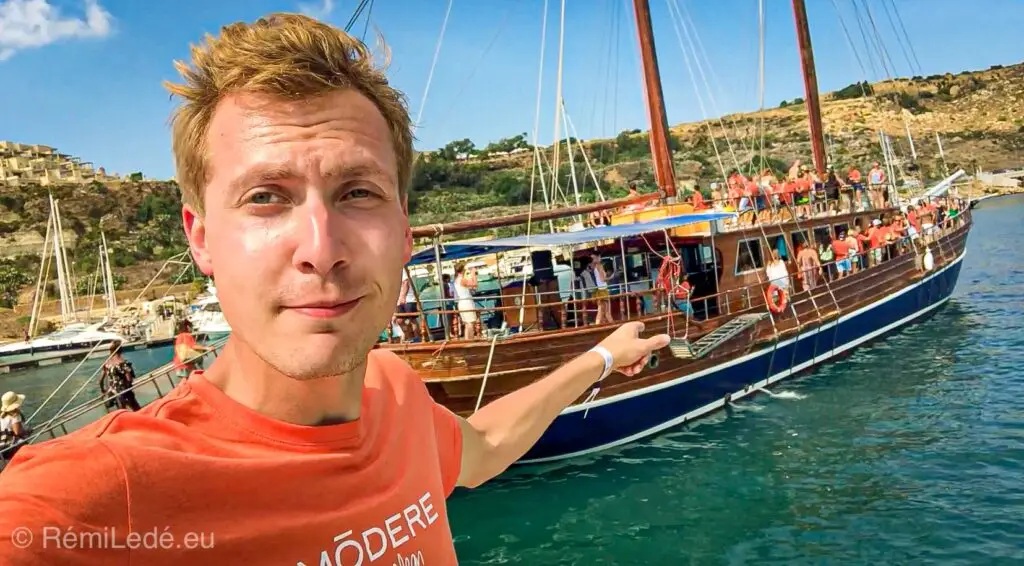Overview
The Arctic was not just a physical challenge; it was a deep, introspective journey. As I traversed frozen landscapes and faced nature’s raw power, I began to see the world—and myself—differently. Each step, each challenge in the icy wilderness, seemed to reframe my perspective on life and career. I realized that adventure is not merely about exploration or thrilling experiences—it’s about breaking free from routine and embracing growth, even when it’s uncomfortable or uncertain.
The Science Behind Adventure and Personal Growth
Adventure, as Harari suggests, is fundamentally tied to human evolution. Early humans were driven by curiosity, a trait that helped us adapt, survive, and thrive. Our ancestors weren’t confined to comfortable routines—they explored, they risked, and they learned from the unknown. This innate drive to seek new experiences is still with us today, and it holds profound implications for both personal growth and career development.
Studies have shown that engaging in adventurous activities, especially those that challenge us physically and mentally, can lead to increased resilience and problem-solving abilities. Adventure exposes us to new environments, forcing us to adapt and innovate, which is the very core of creativity and leadership in the workplace (Hamann & Ivtzan, 2016). Moreover, these experiences trigger dopamine release, the “feel-good” neurotransmitter that not only boosts our mood but also reinforces our drive to push further, break boundaries, and seek out new opportunities (Joseph, 2024).
Adventure Coaching: A Path to Empowerment
This exploration of adventure led me to consider how others might use adventure as a tool for growth, both personally and professionally. I soon realized that adventure is not only a way to transform ourselves but also a powerful tool for guiding others. Adventure coaching—combining physical challenges with self-reflection—helps individuals build resilience, enhance self-awareness, and uncover deeper insights into their lives and careers.
The concept of adventure coaching resonates deeply with the findings of Harari, who argues that humans are wired for exploration and risk-taking. Adventure coaching capitalizes on this primal instinct, using real-world challenges to foster transformation. Whether it’s guiding someone through a physically demanding trek or encouraging them to take bold professional risks, adventure coaching offers a unique space where individuals can confront their fears, gain clarity, and redefine their personal and professional goals (Swatton & Potter, 1998).
The “Better Mess” Principle
One of the key insights from my own experience in the Arctic, and something Harari touches on in his exploration of human history, is that growth often comes from messiness. Life and adventure are rarely neat. In fact, it’s in the chaos—the unexpected detours and challenges—that we truly evolve. Whether in the wilderness or in a high-pressure career environment, navigating uncertainty pushes us toward growth. Adventure forces us to move through discomfort, embrace change, and adjust our approach. This messy process is a critical part of becoming better.
As Harari notes, risk-taking was a survival mechanism. Today, taking calculated risks is still essential to progress, whether in the wild or the boardroom. The “better mess” comes when we allow ourselves to explore new, unfamiliar paths—even if they aren’t always smooth. It’s about progress, not perfection.
Reflections on Day-to-Day Life and Career
When I reflect on my day-to-day life and career after returning from the Arctic, I realize how much adventure—both in the literal and figurative sense—has reshaped my approach to challenges. In our daily routines, it’s easy to fall into patterns that feel safe and predictable. Yet, as Harari and countless studies suggest, it’s in the unknown that true growth occurs. Adventure isn’t just a one-time experience; it’s a mindset that can be applied to everything we do. Whether it’s tackling a new project, learning a new skill, or taking a professional risk, embracing adventure allows us to reframe the way we approach obstacles.
Adventure isn’t just about physical journeys—it’s about mental and emotional exploration as well. By embracing challenges, stepping outside of our comfort zones, and facing the unknown, we can accelerate our personal growth and enhance our careers. The lessons I learned from the Arctic are just as applicable to my professional life as they are to my personal life. It’s not about avoiding risk but about embracing it with purpose, allowing it to guide us toward greater understanding, fulfillment, and achievement.
Conclusion
Ultimately, the insights from Sapiens and my own journey through the Arctic reinforce the power of adventure as a catalyst for growth. Both personally and professionally, adventure pushes us to evolve, learn, and thrive. As we move through our careers and lives, embracing the unknown and stepping into new challenges allows us to build resilience, sharpen creativity, and find deeper meaning in our work. Adventure may be messy, but it is through the mess that we become better, more capable versions of ourselves. As you reflect on your own path, consider how adventure—whether in travel, work, or personal growth—can reshape your perspective and fuel your next step toward success. Have you experienced an adventure that changed your perspective on life or career? I’d love to hear your thoughts in the comments below.
References
- Hamann, K. R. S., & Ivtzan, I. (2016). 30‐minutes in nature: A nature exposure pilot program. International Journal of Environmental Health Research, 26(5–6), 510–528.
- Joseph, A. (2024). Why do we have a sense of adventure? Exploring the psychological and evolutionary factors driving the pursuit of new experiences. Scientific Origin.
- Swatton, R., & Potter, C. (1998). The wilderness solo experience: A unique practice of silence and solitude for personal growth. Frontiers in Psychology.
Author of Article
Bharath Mohan
Antartic (1) France (2) 🇪🇸 Español (1) 🇫🇷 Français (9) 🏴 English (1)
